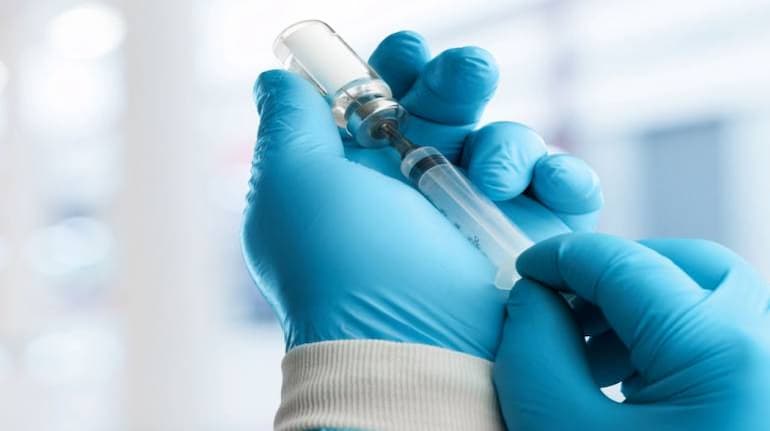



The government may reduce the 25% quota of vaccination supply for the private hospitals given their subdued response, and procure more on its end for supplies to states which have been asking for more vaccine doses citing their higher capacities to vaccinate people, senior government officials told News18.
A review of the “Revised Guidelines for Implementation of National COVID Vaccination Program” effective from 21st June 2021, may be done soon. This is after the private sector is not being able to pick 25% of the vaccine stock produced in the country, which they have to purchase at a much higher cost than the Rs 205 and Rs 215 being paid by the Centre to buy a dose of Covishield and Covaxin, respectively.
A senior government official said multiple Chief Ministers have told the Centre that the government’s quota of 75% should be increased as states have a higher capacity to vaccinate people but are getting limited doses while private hospitals are not picking up their 25% quota, leading to the overall vaccination drive not picking pace in July.
As on date, about 2.28 crore vaccine doses are lying unutilized, and a significant portion of the same is with private hospitals. With states doing free vaccination, takers for the vaccine at private vaccination centers are down since the same is offered at a price of Rs 780 and Rs 1410 for a shot of Covishield and Covaxin respectively. The private hospitals are getting a service charge of only Rs 150 per dose under the revised guidelines since June 21, proving to be another dampener for them.
Last week, Minister Piyush Goyal while speaking at a CII event had criticized the private sector for not being up to the task. “You all (in private sector) demanded and sought that vaccination be opened up for the private sector. Today, you are not even buying that 25% of vaccines (allotted to you),” Goyal had said.
The Hitch
A senior government official said reducing the quota of the private sector from 25% is a step that would need detailed consultation with the vaccine manufacturers since they earn more from that channel to make up for the subsidized cost at which they supply 75% of their produce of vaccines to the government. The two manufacturers have been constantly voicing their concern to the Centre over the supply price of the vaccines. This led to the Centre upping the price at which it placed its latest order on July 16 for 66 crore doses. The Centre is paying Rs 205 for a dose of Covishield and Rs 215 for Covaxin now, while it paid Rs 150 for these doses in the earlier orders.
The domestic vaccine manufacturers under the present policy have the option to provide up to 25% of their monthly vaccine production directly to private hospitals. As per the government, private hospitals procured only 1.27 crore doses in May and just 83.61 lakh doses were administered at private Covid vaccination centres from May 1 to June 15.
Discover the latest Business News, Sensex, and Nifty updates. Obtain Personal Finance insights, tax queries, and expert opinions on Moneycontrol or download the Moneycontrol App to stay updated!
Find the best of Al News in one place, specially curated for you every weekend.
Stay on top of the latest tech trends and biggest startup news.